A report by McKinsey & Company shows that the global banking net income in 2023 is estimated at $1.3 trillion. This figure follows an upward trend that the industry has seen since 2021. While the world continues to face economic headwinds, banks play a vital role in providing stability and support to the global landscape. In this article, we list the largest banks in the world.
Top banks in the world based on market cap
In the world of finance, market cap (short for market capitalization) is a well-used metric of how much a company is worth. Investopedia defines market cap as “the total market value of all outstanding shares.”
In this list, we use their market cap as of February 2024 to round up the largest banks in the world.
JPMorgan Chase & Co.
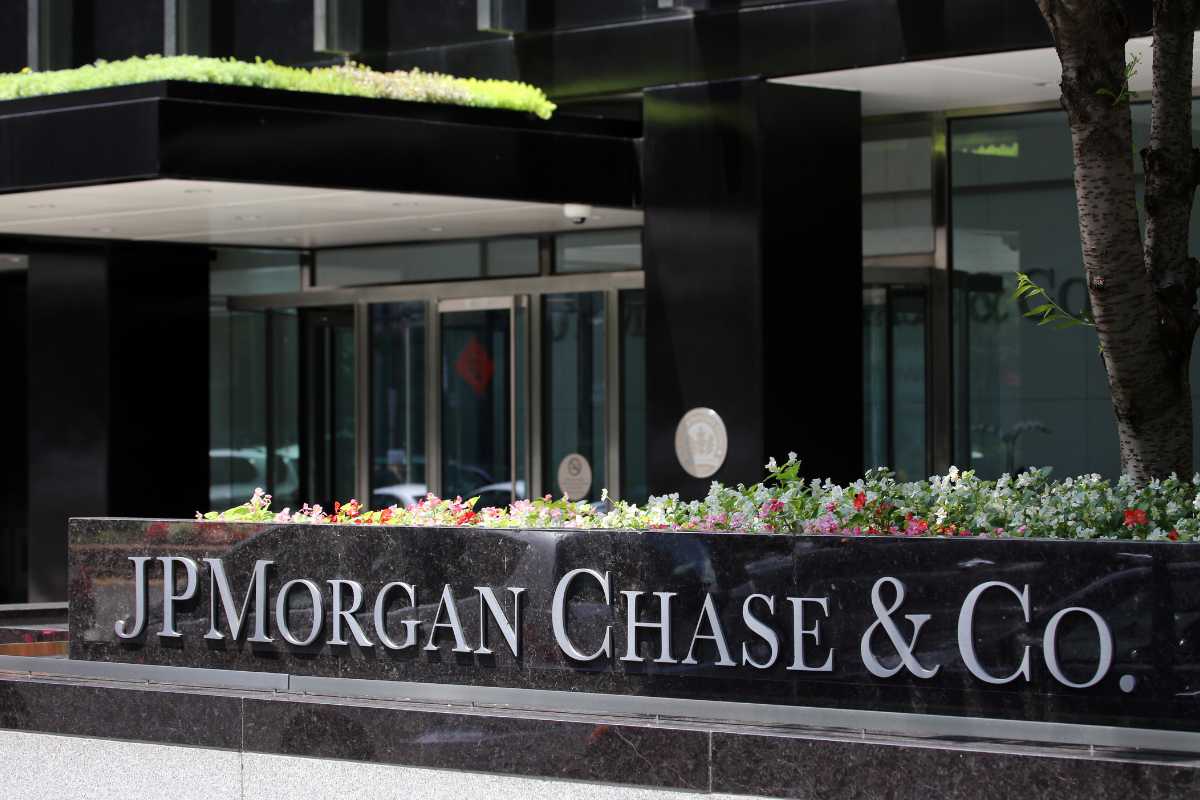
Headquarters: New York, USA
Market cap: $528.14 billion
JPMorgan Chase & Co. is not only the largest bank in the world by market cap; it’s also one of the oldest, having been founded in 1799 in New York City. The multinational bank and financial services holding company currently operates across 100 markets, including the UAE. They recently expanded into the Abu Dhabi Global Market. Their clientele includes corporations, institutions and governments. The services it offers encompass asset management, retail banking, consultancy and home finance.
Bank of America
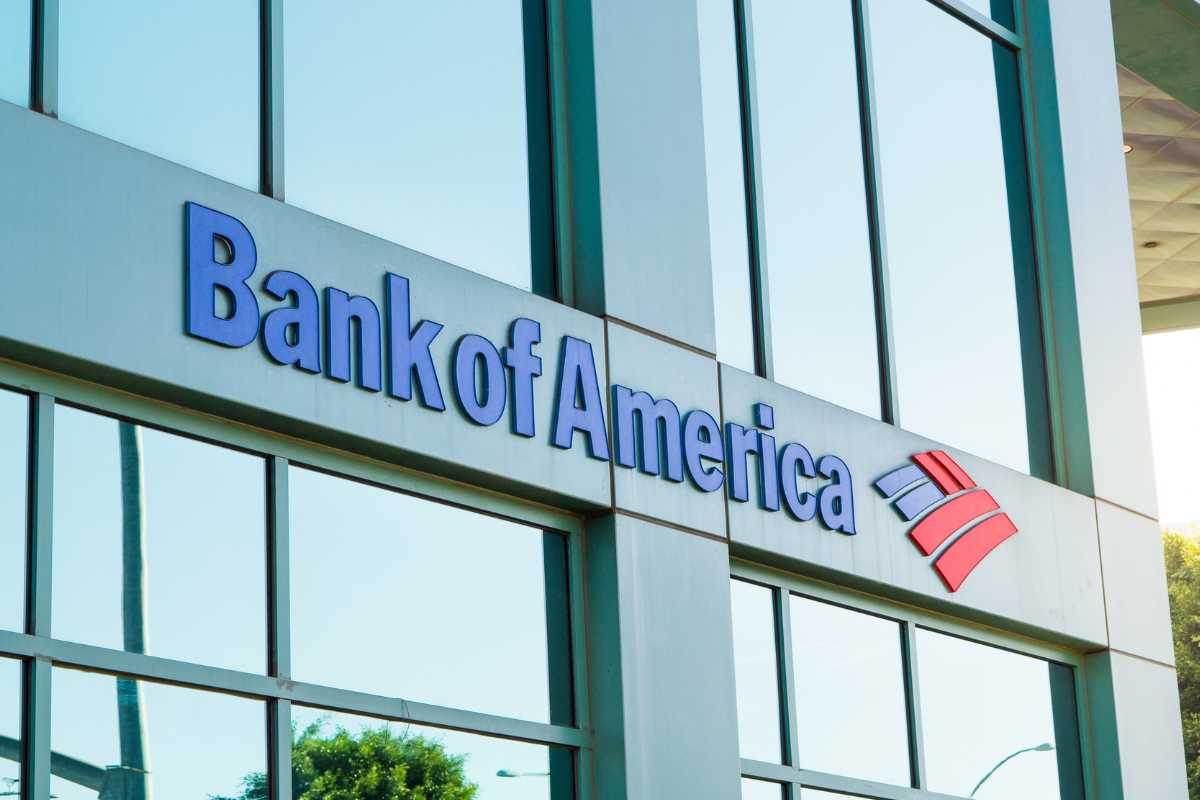
Headquarters: North Carolina, USA
Market cap: $264.60 billion
Serving an estimated 56 million U.S. consumers and small businesses, Bank of America is one of the most prominent banks in the United States. It was formed in 1998 when NationsBank acquired BankAmerica. While its Consumer Banking branch caters to people looking to open deposit and checking accounts, its global branches provide an array of commercial and wealth management services. Today, it serves anyone from individuals to small- and middle-market businesses to large corporations. The bank is also a leader in investment banking and trading.
Industrial and Commercial Bank of China (ICBC)
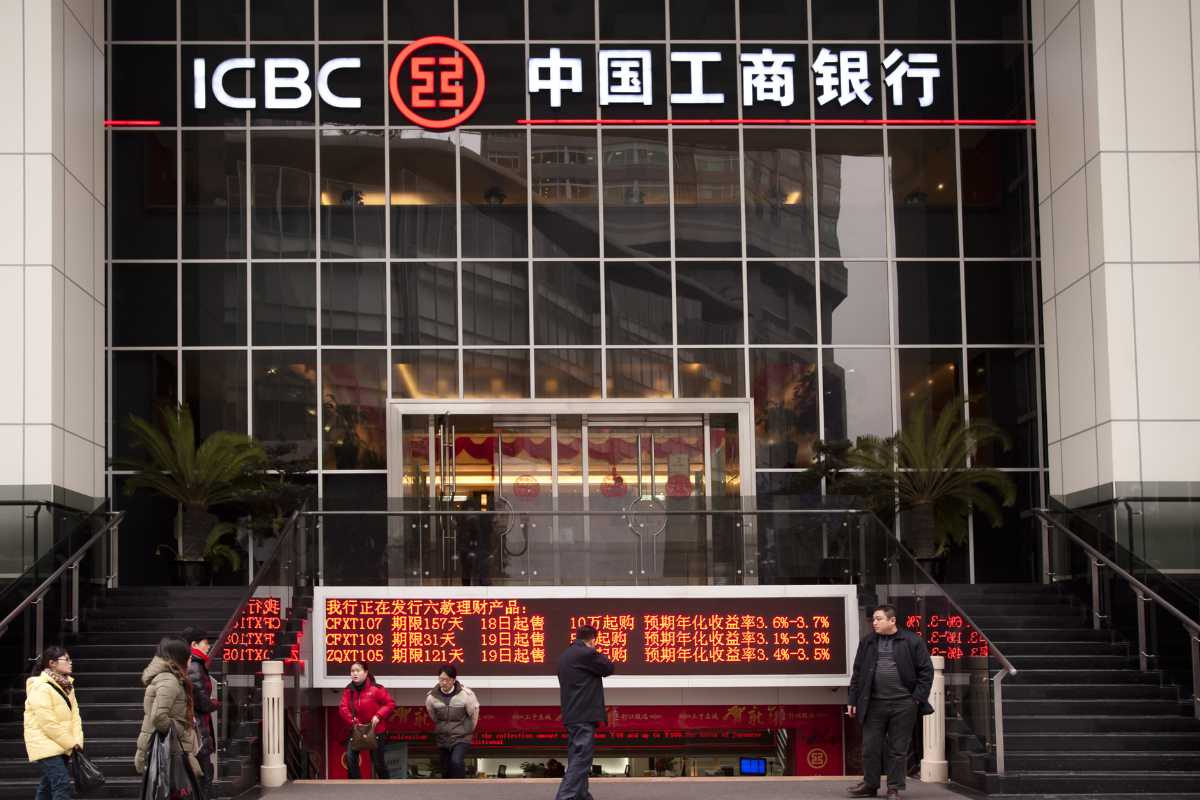
Headquarters: Beijing, China
Market cap: $248.07 Billion
Established in 1984, ICBC is considered one of China’s “Big Four” banks alongside the Bank of China, Agricultural Bank of China and China Construction Bank. In 2006, the bank was successfully listed on both the Shanghai Stock Exchange and The Stock Exchange of Hong Kong Limited. Though state-owned, ICBC is a commercial bank that provides a comprehensive suite of services — including credit cards, loans, business financing and money management. Their clients are companies and high-net-worth individuals.
Agricultural Bank of China (ABC)
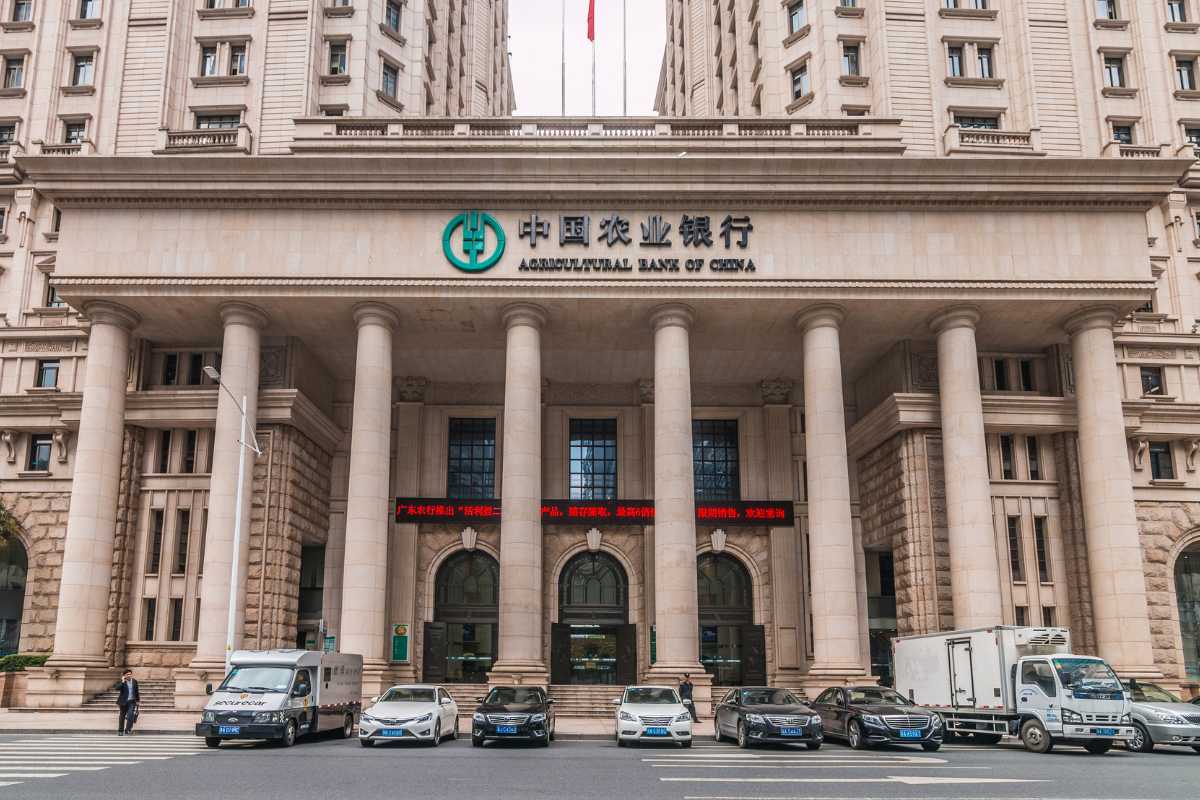
Headquarters: Beijing, China
Market cap: $197.11 billion
The Agricultural Bank of China (ABC) traces its roots to 1951. Known then as the Agricultural Cooperative Bank, it was founded in the aftermath of the Chinese Revolution. While its initial objective was to support agriculture, it has transformed into one of the most important banks in China. It has since diversified its services to offer loans to non-agricultural businesses and individuals. From being a state-owned specialized bank, it became a wholly state-owned commercial bank and eventually, a state-controlled commercial bank.
Wells Fargo
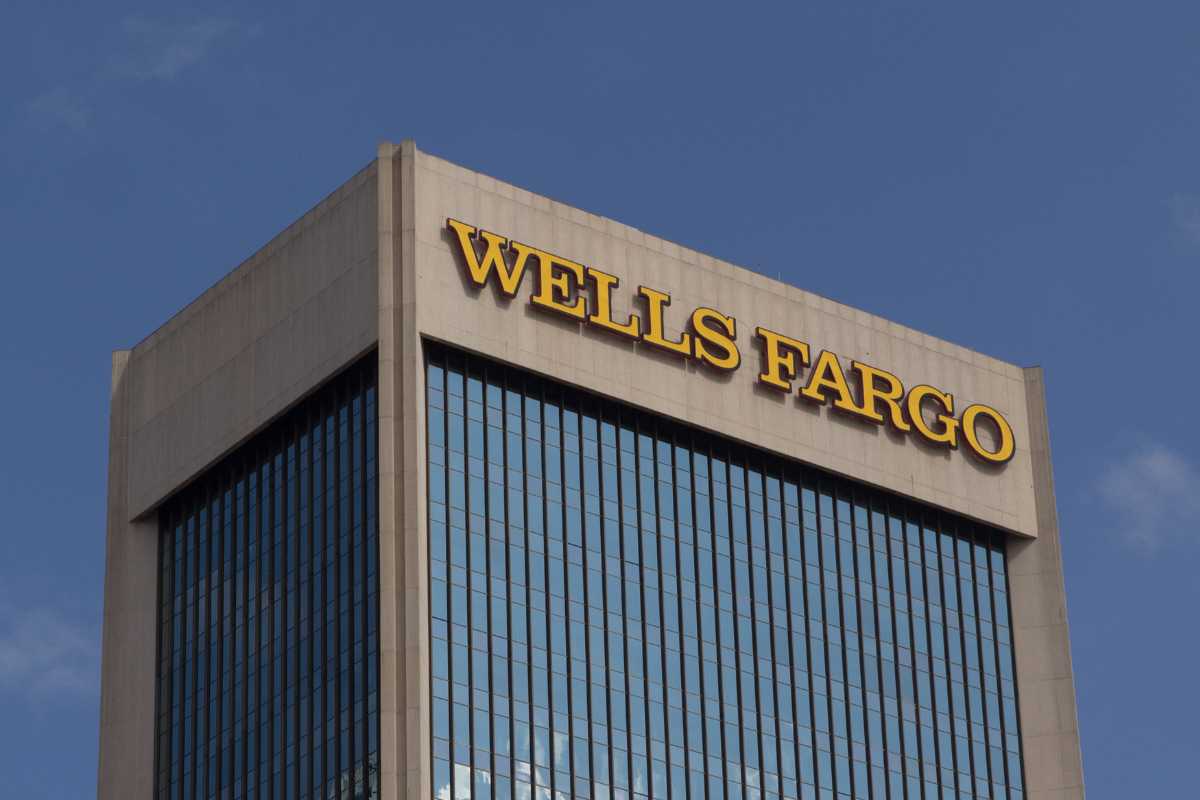
Headquarters: California, USA
Market cap: $193.64 billion
A leading financial institution in the U.S., Wells Fargo & Company offers both personal and commercial banking. Investment banking and wealth management are also part of its services. Since its establishment in 1852, it has grown to become a global powerhouse, providing services across 40 countries. It boasts an extensive network of 7,300 locations and 12,000 ATMs — on top of robust online and mobile banking platforms. In America, it services one in three households.
Bank of China
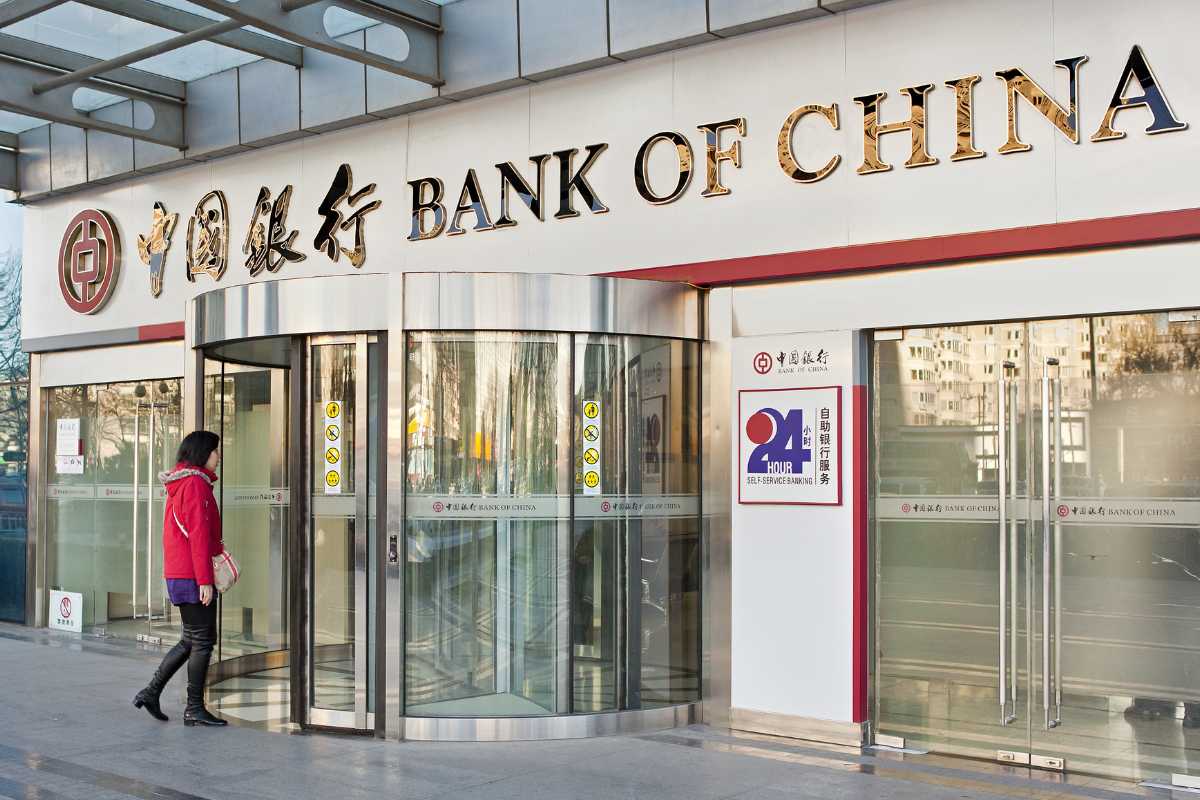
Headquarters: Beijing, China
Market cap: $163.45 billion
The Bank of China, established in 1912 and headquartered in Beijing, is another significant institution in China. Now, it ranks as one of the largest banks in the world. The majority state-owned entity offers a broad range of services across key segments. These include corporate banking, personal banking, investment banking and treasury operations (wherein the bank manages foreign exchange and assets). It also has an insurance segment, which focuses on offering general and life insurance underwriting services.
China Construction Bank (CCB)
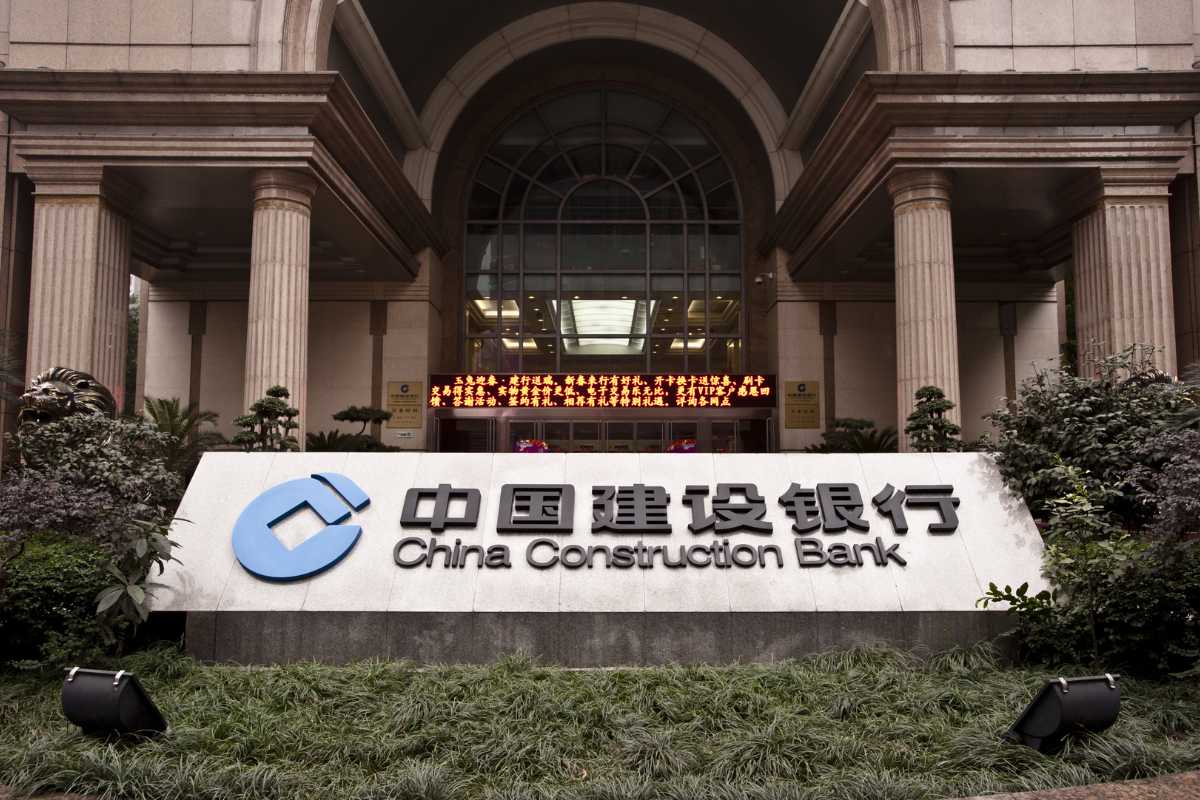
Headquarters: Beijing, China
Market cap: $158.49 billion
China Construction Bank (CCB) was founded in 1954 as the People’s Construction Bank of China. Initially, it was about funding government infrastructure projects. Then, it transitioned to commercial banking under the State Council in 1979. In 1996, it adopted its current name. Today, CCB is one of China’s four major state-owned banks, and it serves 3.48 million corporate and 314 million retail customers. It has also expanded globally, with major operations in Dubai, Russia and Britain.
HSBC
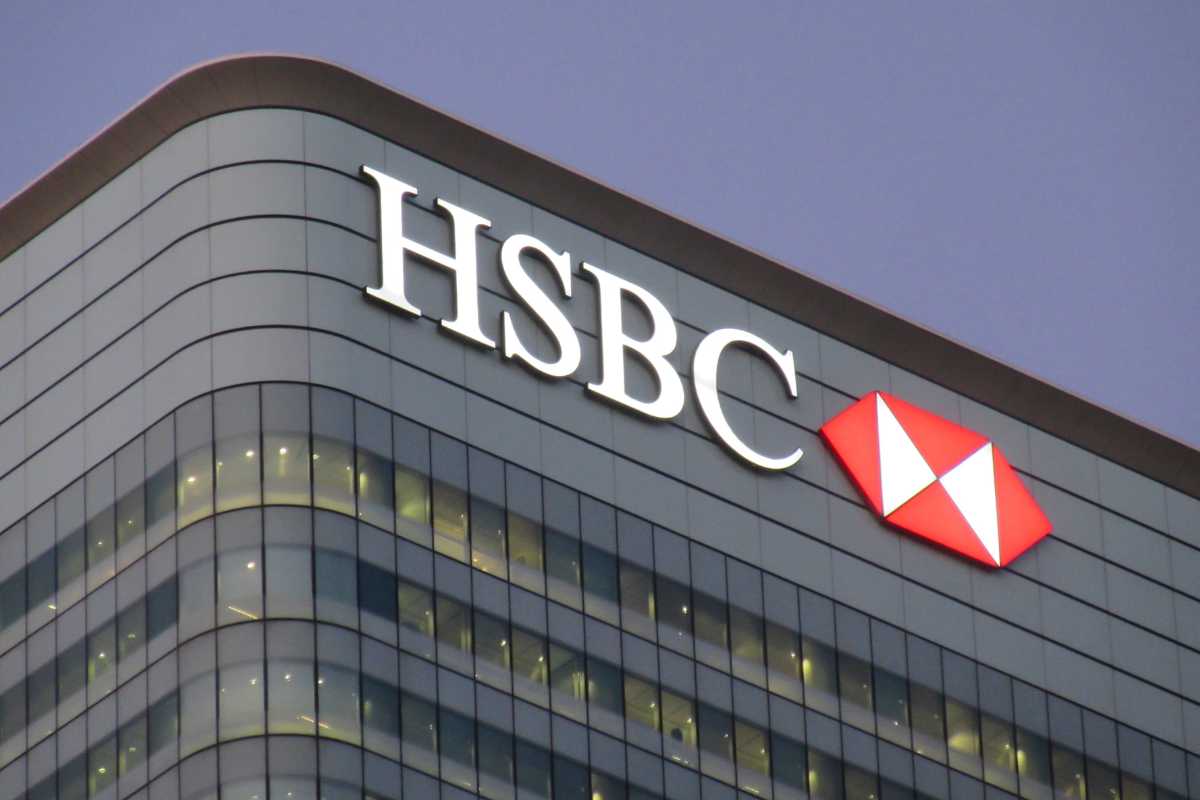
Headquarters: London, UK
Market cap: $145.24 billion
HSBC, which stands for Hong Kong and Shanghai Banking Corporation, offers various financial products and services. Apart from traditional banking, it offers services related to insurance and asset management, catering to individual customers, small and medium-sized businesses, and large enterprises. With a reach spanning 63 countries and territories, it services more than 40 million clients. It is currently listed on the stock exchanges of London, Hong Kong, New York, Paris and Bermuda.
Morgan Stanley
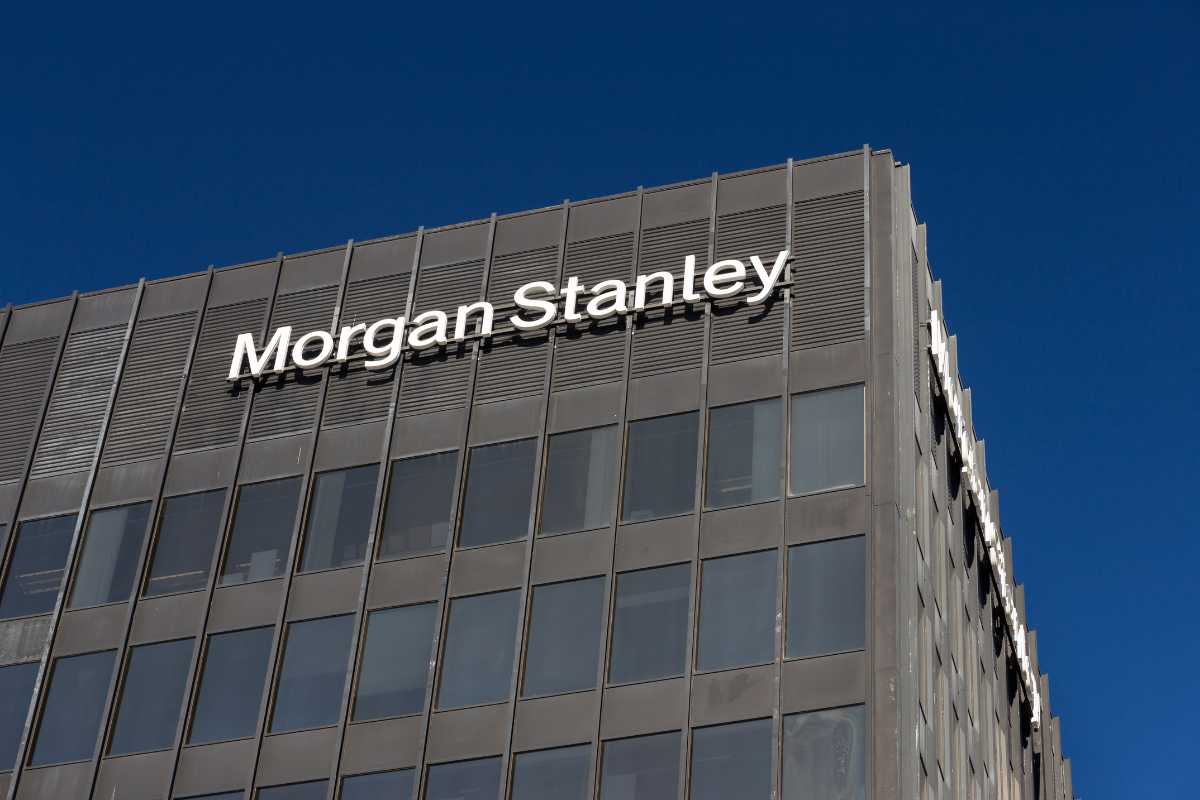
Headquarters: New York, USA
Market cap: $140.09 billion
Morgan Stanley is a premier American investment bank and financial services company. Headquartered in New York, it has a presence in 42 countries and a workforce of over 75,000. Their clients range from corporations and governments to individuals and institutions, and their specialty is in investment banking, securities, wealth and investment management services. The bank is also known for its collaborations with other financial institutions. For instance, it is expanding its partnership with another banking giant, the Mitsubishi UFJ Financial Group, to explore new areas of cooperation, such as foreign exchange trading and Japanese research and equities.
Royal Bank of Canada (RBC)
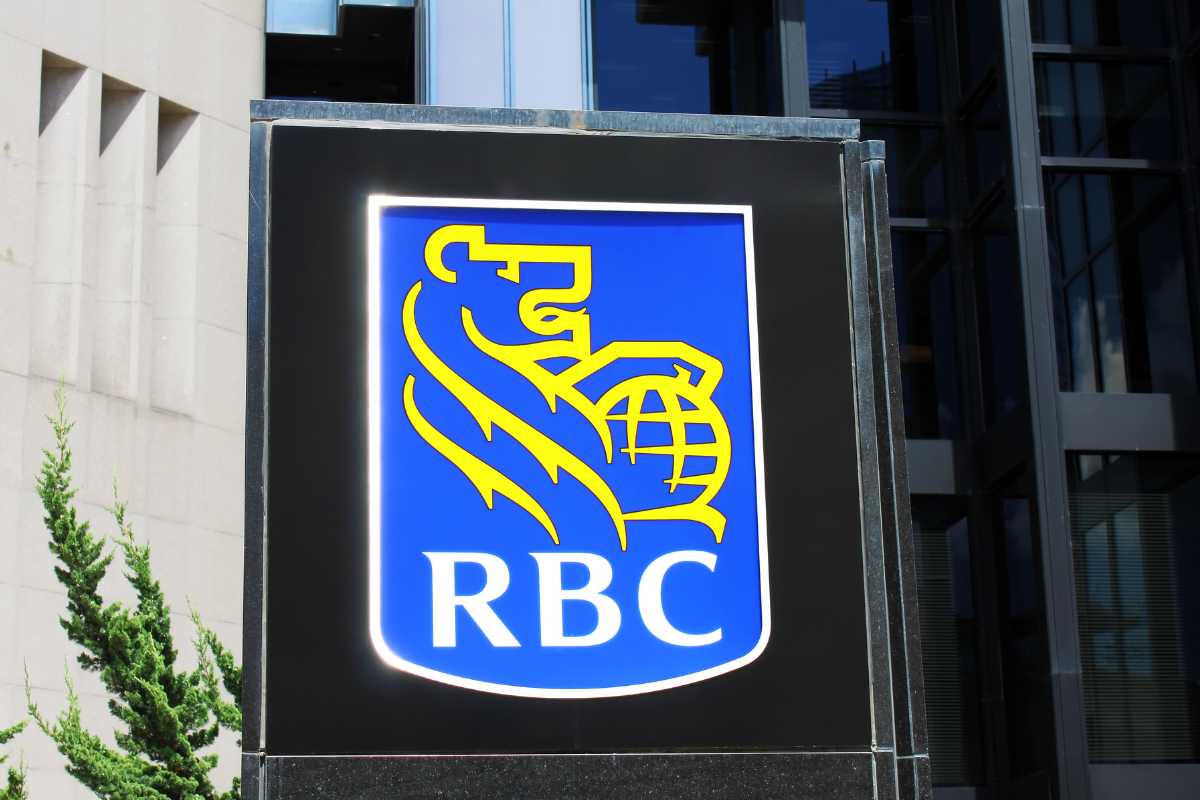
Headquarters: Toronto, Canada
Market cap: $137.79 billion
Based in Toronto, the Royal Bank of Canada (RBC) is Canada’s largest bank by market capitalization. It operates in nearly 30 countries, serving over 17 million clients globally. Its global presence spans Canada, the U.S., the U.K., Europe and the Caribbean, providing diverse services like investing, retirement planning, lending and payment solutions. Today, it has a workforce of around 100,000 dedicated to innovation and exceptional client experiences.
Final thoughts
The global banking industry remains robust, with JPMorgan Chase & Co., Bank of America and ICBC ranking among the largest banks in the world. While the list is dominated by many Western and Chinese institutions, more banks from the Middle East and India are expected to break into the top 100, according to a report from Deloitte. This marks a major shift in one of the most critical sectors in the global economic landscape.
For more banking and finance stories, click here.




